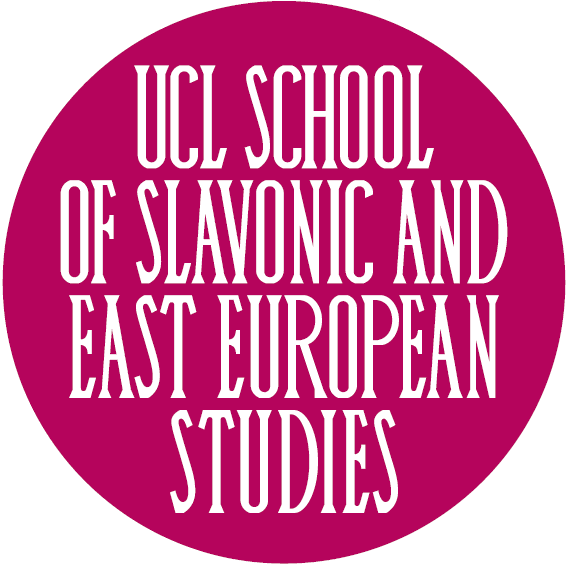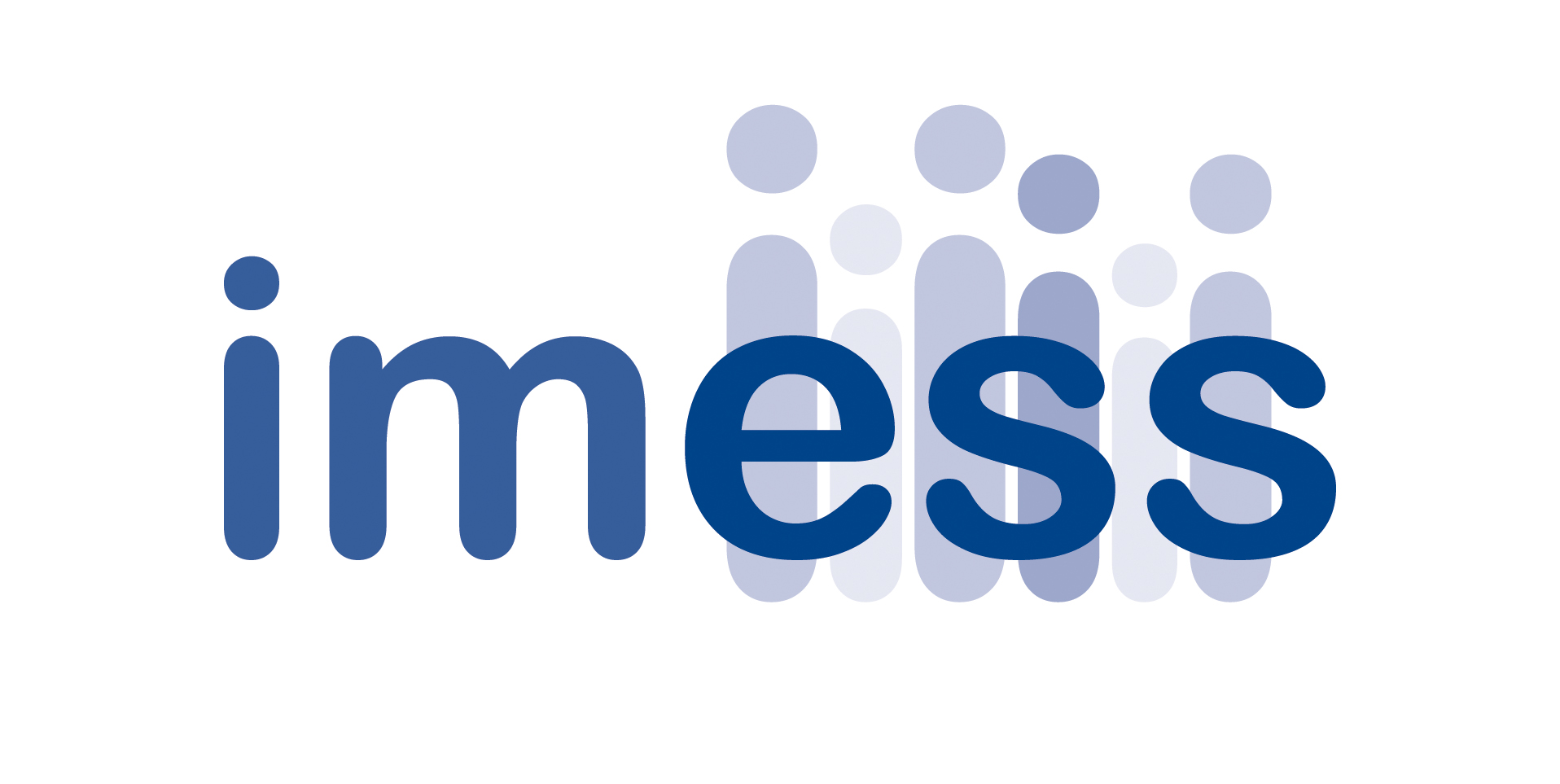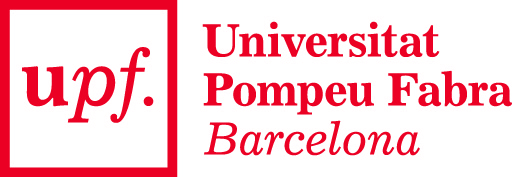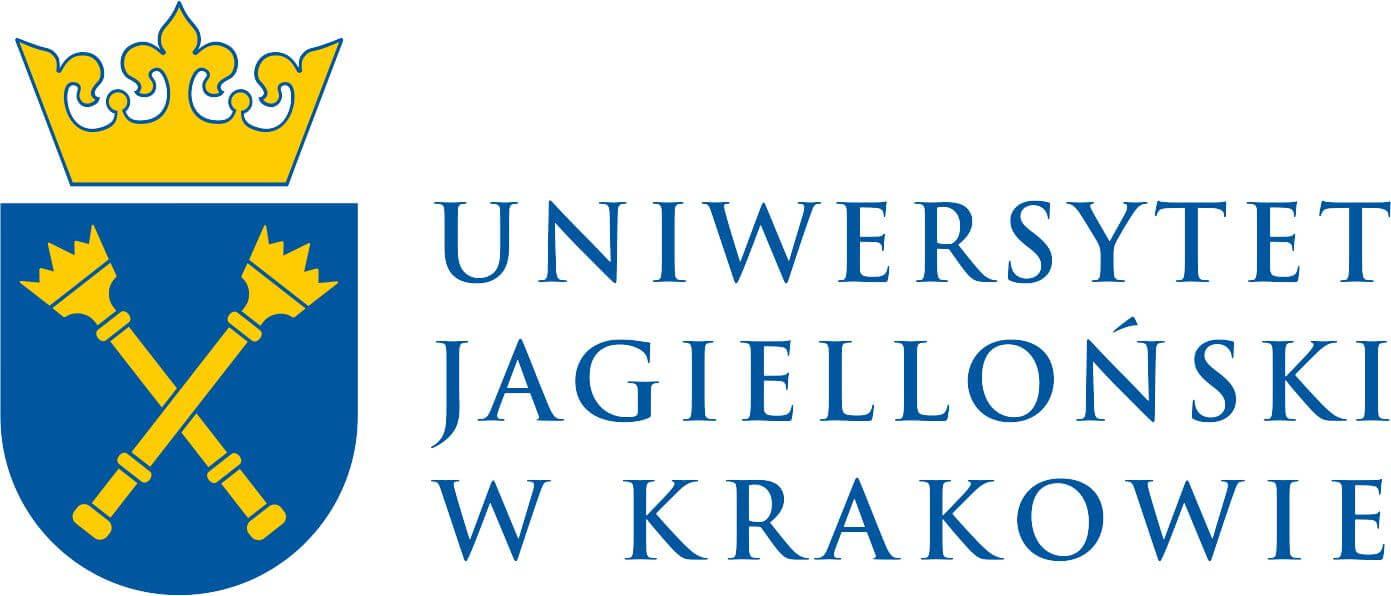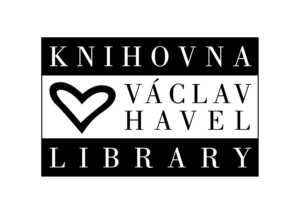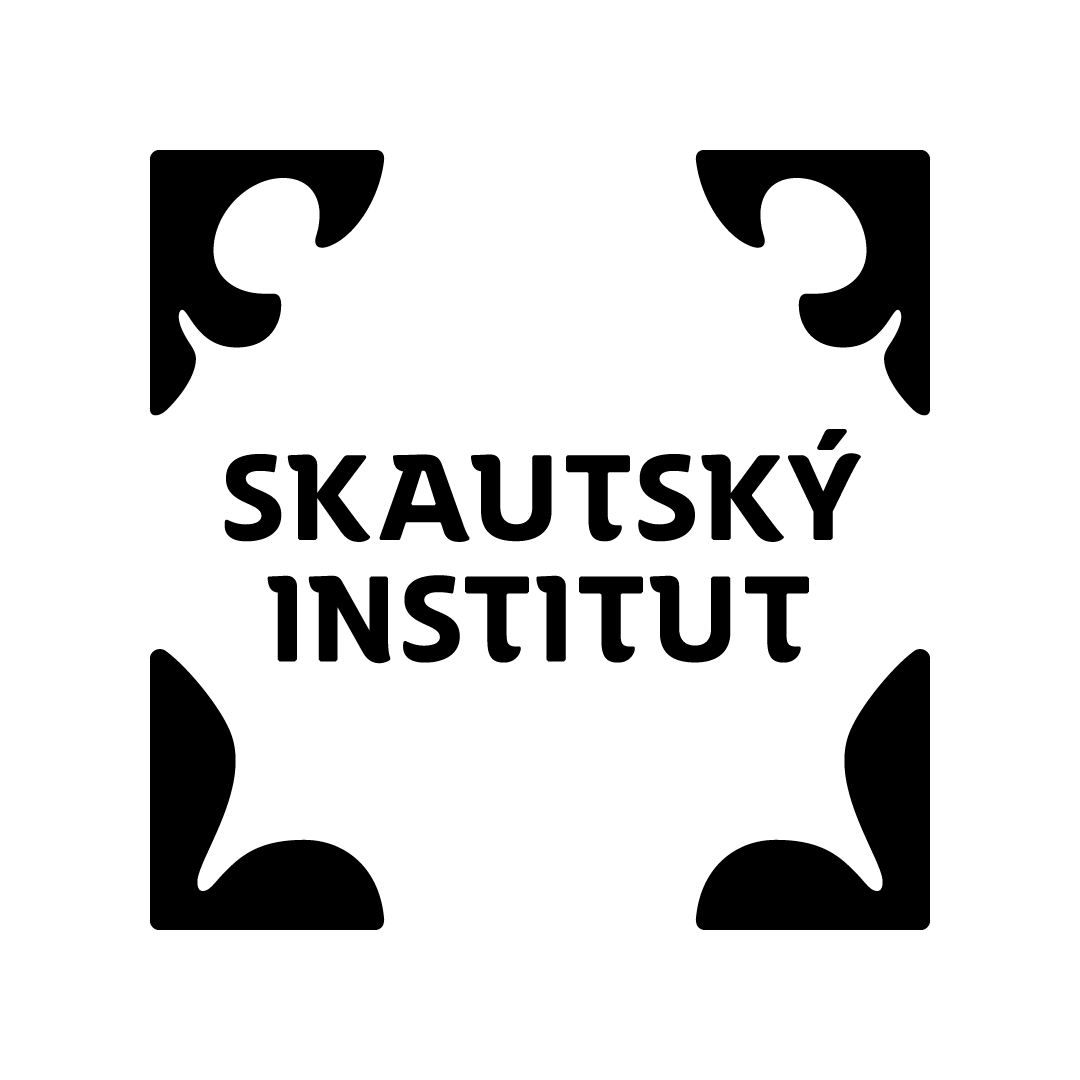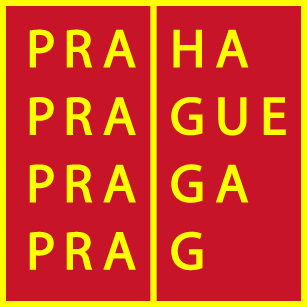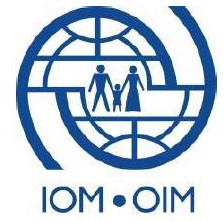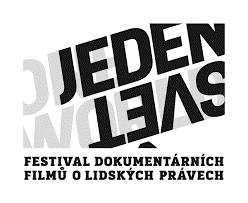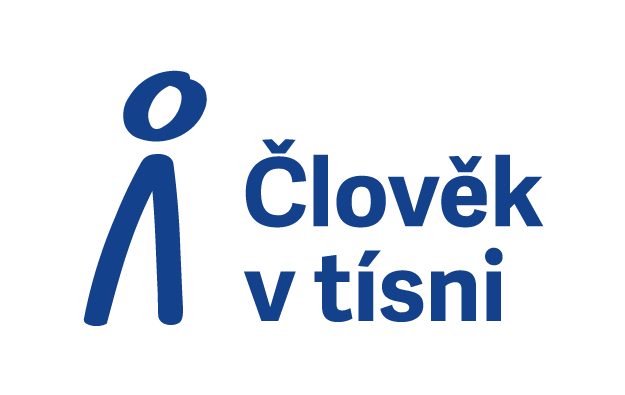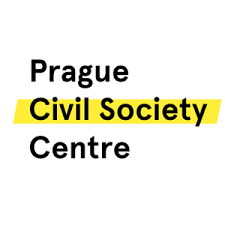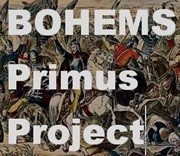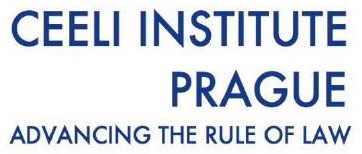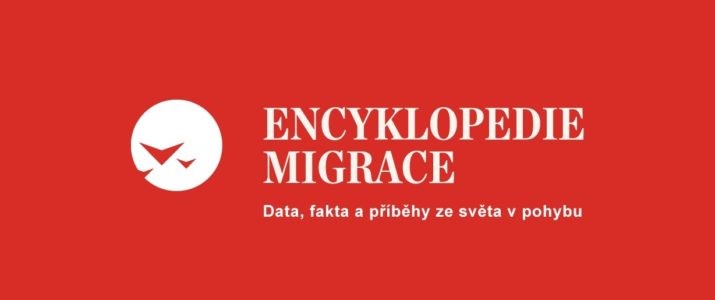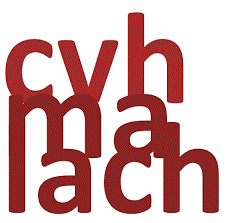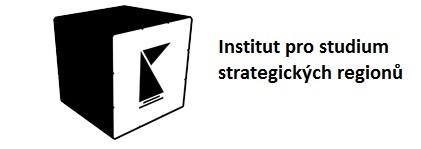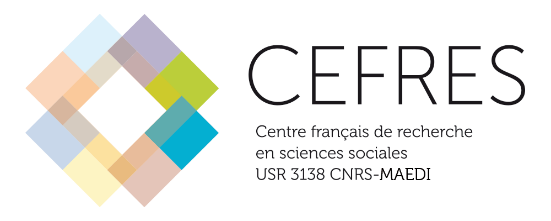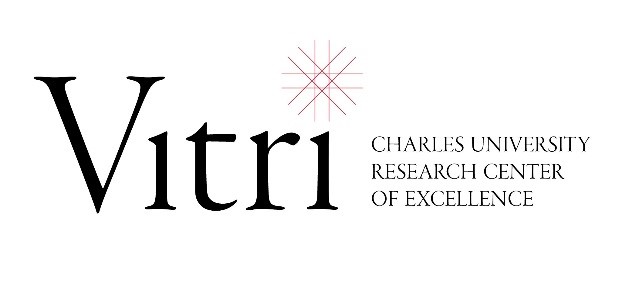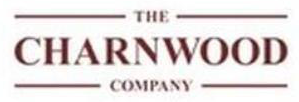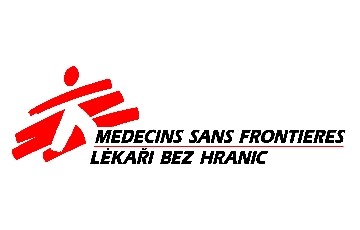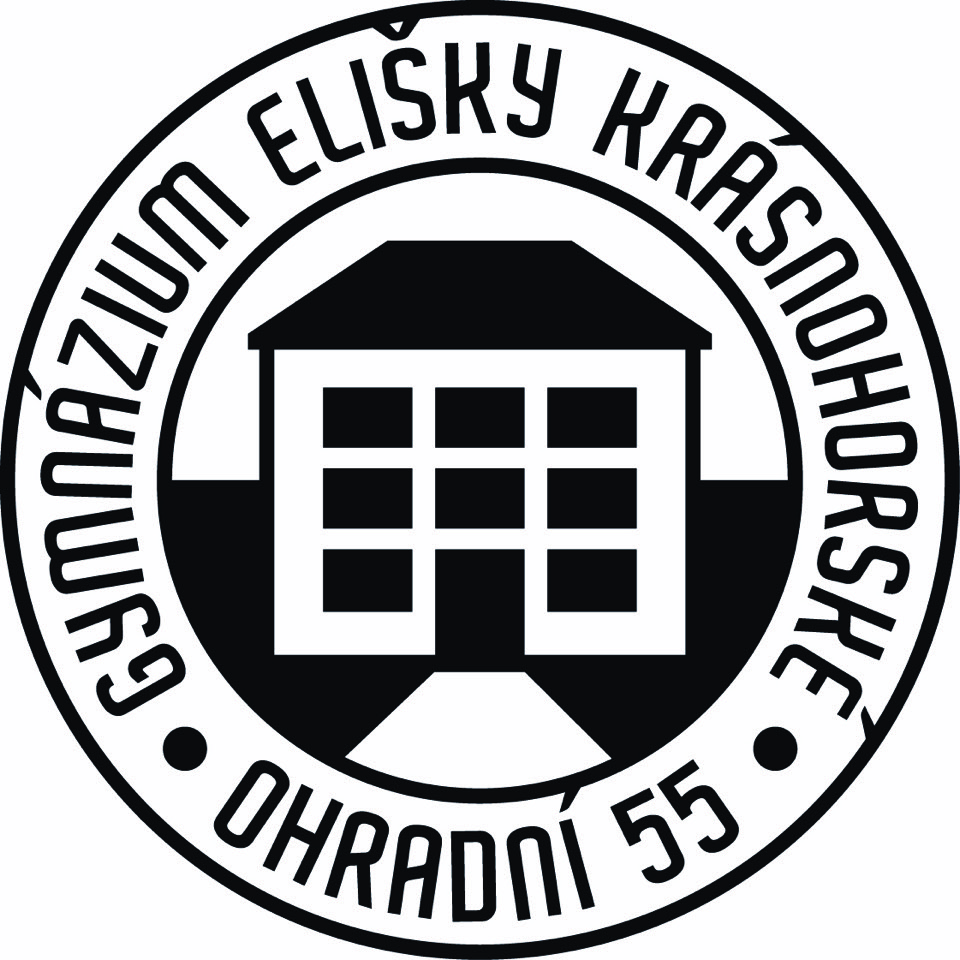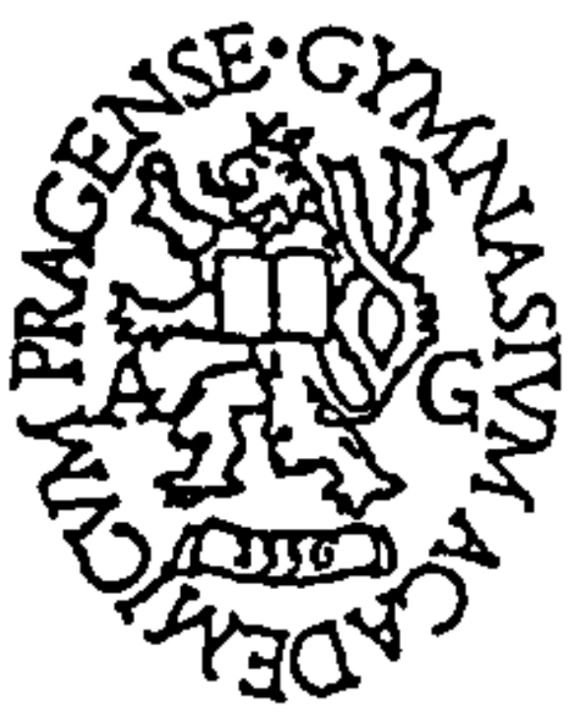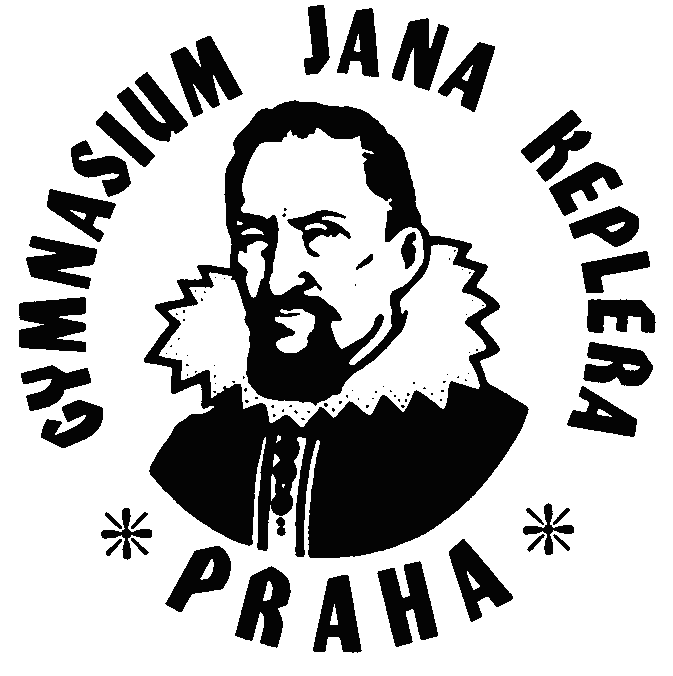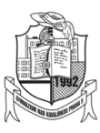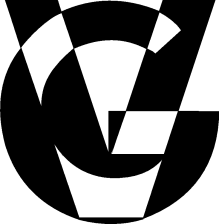Certificate in Digital Humanities
Certificate in Digital Humanities
The Certificate in Digital Humanities is an interdisciplinary program that bridges the humanities and social sciences with digital technologies and data analysis methods. Participants in the program will acquire practical skills in data work—learning how to locate and process large datasets, analyze texts using machine learning tools, create visualizations, interpret statistical outputs, and apply AI methods to specific research questions.
The program is designed for students at all levels of study (Bachelor’s, Master’s, and Doctoral) with no or minimal prior technical training. It offers a clear and methodologically robust introduction to the field of Digital Humanities. Emphasis is placed on the practical application of the acquired skills in the design and execution of independent research projects.
The skills gained through the program are valuable not only for writing theses or conducting academic research but also in professional settings—such as media, cultural and memory institutions, non-profit organizations, public administration, or the private sector—where there is a growing demand for the ability to interpret and visualize data. The program equips students with fundamental data literacy and digital competencies that are increasingly sought after across disciplines.
Upon successful completion of all courses, students will receive an official certificate signed by the directors of IMS and ÚFAL. The earned ECTS credits can also be included in students’ individual study plans within SIS (e.g., as elective or optional courses), and all completed courses will be listed in the official academic transcript.
More information to be found in our handbook
Program Structure
The program consists of four thematically interconnected courses that progressively develop both practical and theoretical competencies in the field of Digital Humanities.
1. Introduction to Digital Humanities and Advanced Computer Literacy (IMS, Faculty of Social Sciences, Charles University) | Winter Semester
This introductory course acquaints students with the fundamental concepts and methods in the field of Digital Humanities. Emphasis is placed on the practical application of computational thinking, data work, and quantitative approaches within research projects. Students will learn the basics of text analysis (e.g., topic modelling, sentiment analysis, stylometry), network analysis, data visualization, and the use of GIS tools. Teamwork on an independent research proposal forms an integral part of the course.
More information available in SIS.
2. Data Analysis in R for Humanities Students (ÚFAL, Faculty of Mathematics and Physics, Charles University) | Winter Semester
This course focuses on the basics of programming and data handling using the R language. Students will learn to clean and transform data, work with tables and graphs, create visualizations, and apply basic descriptive and exploratory statistical methods. Emphasis is placed on developing practical skills that can be applied across various research topics.
More information available in SIS.
3. Data Processing and Analysis for the Humanities and Social Sciences (ÚFAL, Faculty of Mathematics and Physics, Charles University) | Summer Semester
This course introduces students to the fundamentals of working with data in the R software environment. Teaching is conducted through practical examples and gradually guides participants toward independent problem-solving—from data import and transformation to visualization and interpretation. The course is designed to meet the needs of humanities students without prior mathematical training.
More information available in SIS.
4. AI for the Humanities and Social Sciences (ÚFAL, Faculty of Mathematics and Physics, Charles University) | Summer Semester
In this course, students will acquire both theoretical knowledge and practical skills necessary for addressing real-world problems using available data and artificial intelligence methods, particularly in the field of text analysis. To this end, they will learn to use tools implemented in the R programming environment and to independently navigate technical literature. The course includes an independent final project in which students apply the acquired skills to their own research problem. Upon completion, students will be capable of analyzing and processing data from various domains within the humanities and social sciences and of using this data to experiment with artificial intelligence.
More information available in SIS.
How to Enroll
Students interested in enrolling in the Certificate in Digital Humanities program are asked to fill in the following form until September 21, 2025.
The form requires basic information about the student and a structured CV and cover letter (max. 1 standard page).
On wednesday, September 24, we will we will meet for a pre-semestral info meeting with all accepted students.
Additional questions to be sent to klara.vedlichova@fsv.cuni.cz.


